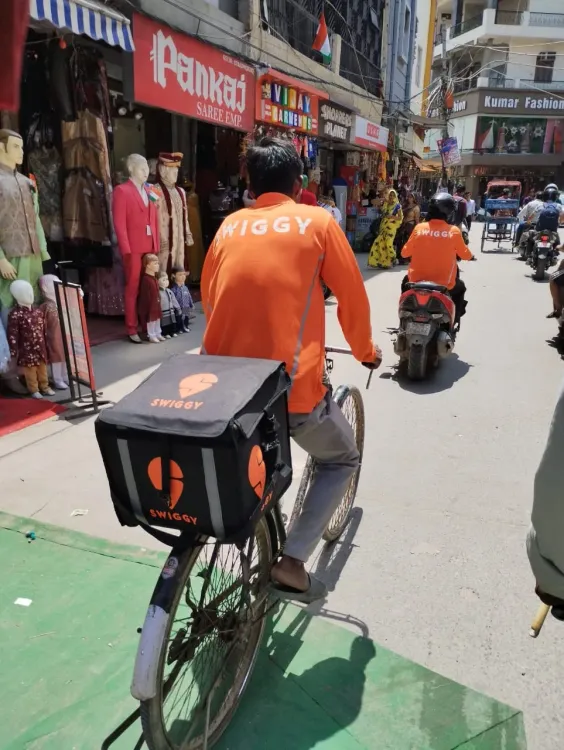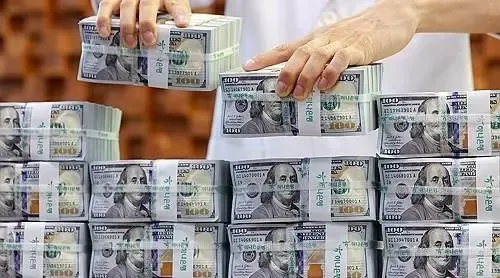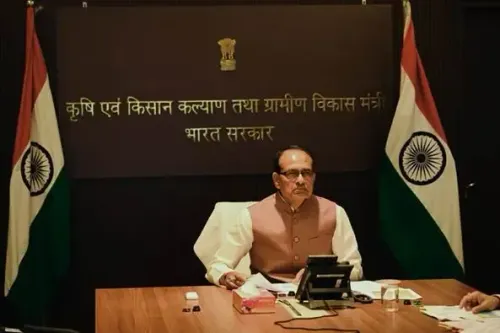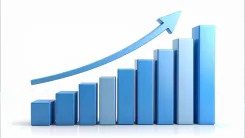Will Smaller Cities Propel India’s Quick Commerce Market to $57 Billion by 2030?

Synopsis
Key Takeaways
- Projected growth of India's quick commerce market to $57 billion by 2030.
- Morgan Stanley revises previous estimates, indicating rising adoption.
- Key drivers include improved food delivery margins and a stable competitive landscape.
- Companies like Eternal are well-positioned to capitalize on growth.
- Digital payment adoption is crucial for market expansion.
New Delhi, June 4 (NationPress) With a remarkable increase in online orders from smaller cities and towns, India is projected to experience its quick commerce (QC) total addressable market (TAM) soar to $57 billion by the year 2030, as per a recent report.
Morgan Stanley has revised its previous forecast of $42 billion, highlighting the rapid adoption of quick commerce throughout the nation. Additionally, the global brokerage has increased its gross order value (GOV) projections for India's quick commerce sector by 9-11 percent for the fiscal years 2026–2028.
The report also pinpointed significant growth drivers for the industry in the upcoming quarters, such as sustained increases in quick commerce GOV, enhanced food delivery margins, and a consistently stable competitive landscape.
Quick commerce companies like Blinkit, Instamart, Zepto, and Flipkart Minutes are actively expanding their operations.
Eternal's (formerly known as Zomato) quick commerce division is said to be “primed for growth,” with a medium-term profitability outlook expected to align with its food delivery services, according to the report.
With leading positions in both food delivery and quick commerce, Eternal is strategically positioned to capitalize on a growing pool of profits, as highlighted by the brokerage.
A recent KPMG Private Enterprise report titled Venture Pulse indicated that global VC investments surged from $349.4 billion across 43,320 deals in 2023 to $368.3 billion across 35,684 deals in 2024, with quick commerce remaining an attractive investment sector in India this year.
Both e-commerce and quick commerce have seen growth rates 2–3 times faster in value than traditional and modern trade channels, reducing the necessity for an extensive traditional trade network to penetrate the market.
Moreover, digital payments are gaining traction, with 45 percent of internet users now employing them for transactions, as reported by Bain & Company in April.
The RBI stated, “Private final consumption is the brightening spot in the economy, driven by e-commerce and quick commerce, where fostering competition is crucial rather than adopting restrictive measures.”









